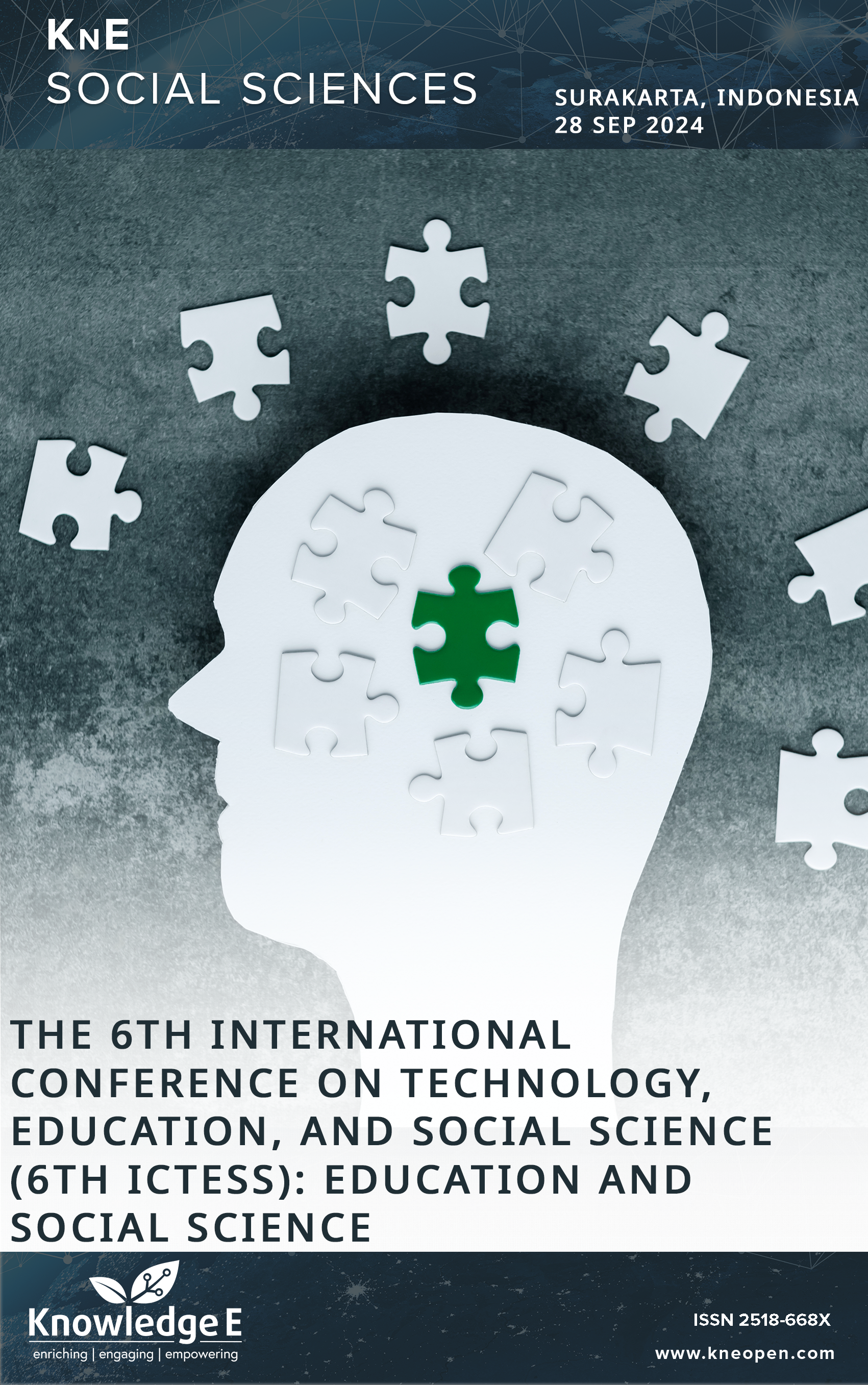Education for Sustainable Development: A Case Study of the Lack of Understanding and Practice Among Indonesian Communities
DOI:
https://doi.org/10.18502/kss.v10i17.19324Keywords:
education, sustainable development, public perception, institutional support, curriculum integrationAbstract
Education for sustainable development (ESD) is an educational approach designed to equip individuals with the knowledge, skills, and values needed to address global challenges such as climate change, resource depletion, and inequality. This study examines the understanding and practice of ESD in Indonesia, analyzing factors that influence its implementation. The findings reveal that while 60% of respondents have heard of ESD, only 37% rate it as highly important in education. Furthermore, 64% of institutions implement ESD, but significant barriers remain, including lack of knowledge (80%) and limited institutional support. These results highlight the need for stronger integration of ESD into educational curricula and policy frameworks. The study suggests that increasing institutional commitment and public awareness will enhance ESD implementation and foster sustainable practices in Indonesia.
References
[1] UNESCO. https://www.unesco.org/. 2024 [cited 2024 Sep 23]. What you need to know about education for sustainable development. Available from: https://www.unesco.org/en/sustainable-development/education/need-know
[2] Tristananda PW. Membumikan Education for Sustainable Development (ESD) di Indonesia dalam menghadapi isu–isu global. Purwadita: Jurnal Agama dan Budaya 22. 2018;42–9.
[3] Ilham AJ, Kusuma AT, Putri FR, Selsia B. Peran Pendidikan Lingkungan dalam Meningkatkan Kesadaran dan Tindakan Berkelanjutan di Sekolah Dasar. MASALIQ. 2023 Jul;3(5):907–17.
[4] Yam JH. Refleksi Penelitian Metode Campuran. Tangerang, Indonesia: Mixed Method; 2022.
[5] Berita Terkini. Kumparan.com. 2023. Pengertian dan Teknik Non Probability Sampling dalam Metode Penelitian.
[6] Oktriwina AS. https://glints.com/id/lowongan/jenis-skala-kuesioner/. 2021. Ketahui 5 Jenis Skala yang Sering Digunakan dalam Kuesioner.
Published
How to Cite
Issue
Section
License
Copyright (c) 2025 Salsabila Diva Nada Asmarani, Haryo Kusumo Aji

This work is licensed under a Creative Commons Attribution 4.0 International License.

